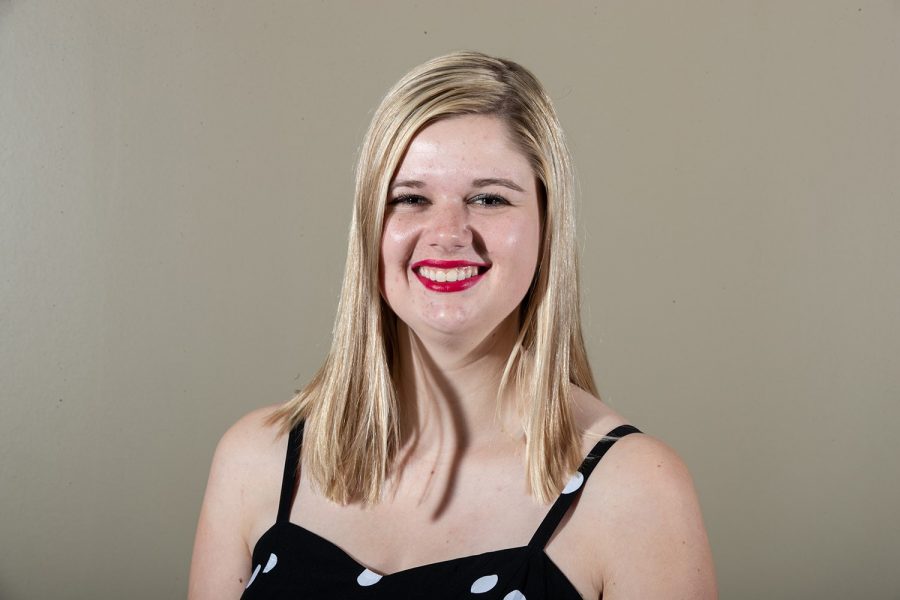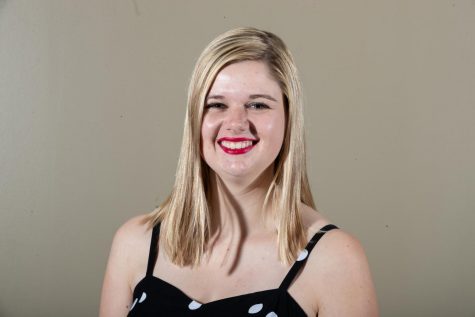Binge Break: Modern Love is a feel-good representation of relationships
Amazon’s Modern Love takes real stories to the screen, showing how different kinds of love shape a life.
October 27, 2019
To be perfectly candid, I decided to watch Amazon’s Modern Love because Dev Patel was in the trailer, and that’s all it really takes to convince me to watch something. However, I was treated to adorable storylines that showcase real-life stories of relationships, romantic or otherwise.
Modern Love, based off the New York Times*column of the same name, has already been renewed for a second season after being available for just over a week. Each episode centers around a different relationship, culminating in the just-cheesy-enough ending that aligns the stories together.
A majority of the storylines examine romantic relationships, but several focus more on friendships and familial connections. Even those that seem to be a standard romantic narrative take a twist, keeping the tropes fresh.
Related: Binge Break: Hulu creates a faithful, heart-wrenching adaptation of Looking for Alaska
The best episode is the one starring Patel, possibly because he’s one of the most honest actors to have graced screens in a while, ever since he was on Skins and starred in Slumdog Millionaire. He brings a sense of soul to each of his performances, and Modern Love is no exception.
In his episode, Patel plays a dating app creator being interviewed by a journalist, who’s portrayed by Get Out’s Catherine Keener. They share an off-the-record tale of their respective lost loves, creating a lasting bond and teaching one another how to grow from pain.
The episode starring Andrew Scott of Fleabag and Sherlock fame focuses more on familial love, as he and his husband, played by Brandon Kyle Goodman, try to adopt a child to start a family.
Scott’s character is much more reluctant to enter this new phase of life, not wanting to sacrifice everything he has. After meeting the homeless woman who agrees to give her baby to the couple after she gives birth (played by the supremely underrated Olivia Cooke); however, he begins to see a new way of living, one that includes opening his heart to messes and imperfections.
Related: Binge Break: Riverdale is better than ever for the most heartbreaking reason
Anne Hathaway stars in another standout episode as a woman struggling to manage her bipolar disorder. She’s telling a story of a promising relationship gone south by posting about it on a dating website, bringing a unique spin to the story.
The real story is not that of Hathaway’s character and the man she meets; however, it’s about her coworker recognizing Hathaway’s struggles and showing her, perhaps for the first time, that people will love her, even through dark periods.
I tend to forget how good of an actress Hathaway is until I’m watching her onscreen. The way she balanced playing a woman desperately trying to overcompensate for having dark periods, longing to be able to be open about having periods where getting out of bed is not an option, made my throat close up for the full half-hour episode.
The rest of the episodes take viewers through other scenarios: a woman’s bond with her protective doorman, a married couple — played by Tina Fey and John Slattery — struggling to keep their relationship alive, a woman reeling from the death of her husband, a second date gone wrong, and a girl latching onto an older coworker as a father figure (I’ll admit, the last one made me cringe into a ball).
At the end of each episode, though, I sat back and thought about the real people these stories were based on, each one wanting simply to feel some sort of connection. That’s all any of us can ask for at the end of the day, and it’s a comfort to see that real longing come to life on screen.















